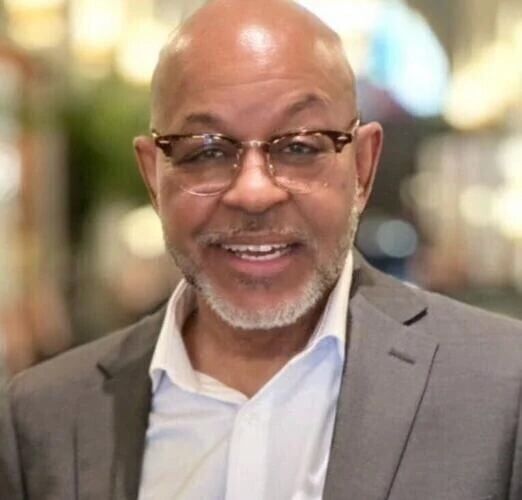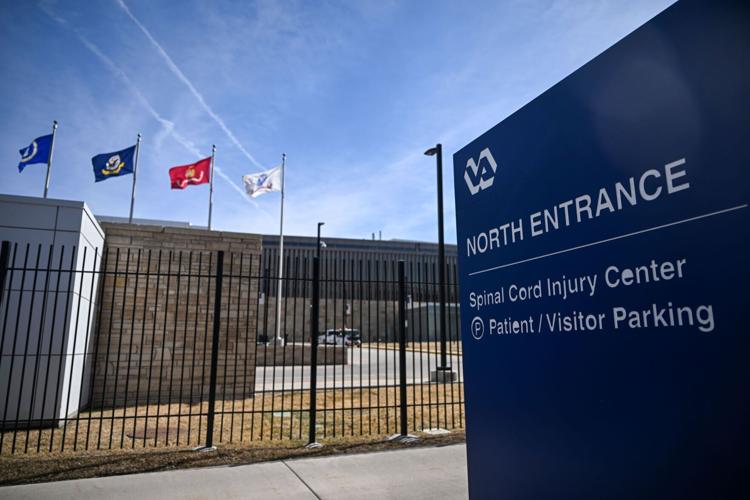The real Aurora isn’t just a punchline for Denverites | Michael A. Hancock
There is no greater satisfaction in the progressive imagination than condemning a neighbor for not living up to one’s own fiction. In Denver, this habit has become a sort of civic pastime. In this almost subconscious ritual, Aurora plays the foil to every utopian aspiration the capital city can’t quite manage to fulfill.
Aurora, they tell us, is backward. A sprawling suburb clinging to its outdated values, allergic to equity seminars, and suspiciously insistent on law and order. A city too skeptical to believe that slogans are solutions and too diverse — culturally, economically, politically — to march in lockstep with the moral certainties issued daily from LoDo lofts and Capitol Hill cafés.
But the narrative is as obsolete as the assumptions that shaped it. Aurora is no longer a sleepy bedroom community orbiting Denver’s gravitational pull. It is a city in its own right, the third-largest in the state, pulsing with entrepreneurial energy, cultural vitality, and an unromantic yet practical devotion to making things work.
Let’s start with the obvious: public safety. While Denver experiments with ideologically driven police reforms prioritizing symbolism over safety, Aurora has stayed grounded. It has not defunded its officers. It has not buried rising crime behind euphemisms. Instead, it has doubled down on recruiting, including hiring a crime fighter as the new chief of police; launched programs to improve response times, and invested in community trust-building that doesn’t require abandoning common sense. It is a city where the mayor and most council members still understand that safety is not a political abstraction but the fundamental requirement for civilization.
Then there’s economic growth. For all the talk about innovation coming out of Denver and Boulder, Aurora — quietly, consistently — has emerged as a logistics, aerospace, and health-sciences powerhouse. The city is anchored by Anschutz Medical Campus, flanked by Buckley Space Force Base, and connected to the world through DIA, whose most direct labor, housing, and industrial pipelines run straight through Aurora’s eastern corridors. Developers and investors have noticed. So do small businesses. We don’t need a think tank to tell us how to be shovel-ready — we’re already pouring concrete.
And yet, for all its grit and growth, what truly defines Aurora is its international character. More than 160 languages are spoken here. Walk down Havana Street or East Colfax, and you’ll hear Amharic, Tagalog, Spanish, Dari, and English — sometimes all within one block. It is the rare American city where immigrants don’t just assimilate — they energize and enrich the culture. They open restaurants, shops, and clinics. They join the police force. They serve on the city council and city boards. They infuse a sense of global resilience into a city that no longer resembles anyone’s idea of suburbia, and thank God for that.
What some cities struggle to manufacture through diversity initiatives, Aurora lives every day — organically, chaotically, beautifully. It’s not always neat, but it is authentic. Our neighborhoods are home to refugees who’ve survived war, entrepreneurs who’ve outlasted collapse, and families who bet their future on a city willing to bet on them. That common toughness creates a different kind of civic culture — one that is less performative and more durable. In Aurora, identity isn’t a campaign, it’s a lived experience.
Of course, none of this earns Aurora a fair hearing in the metropolitan narrative. It’s far easier to treat the city as a cautionary tale — unrefined, unruly, even racist, and regrettably outside the ideological lines drawn by Denver’s political class. We are lectured for not adopting the “right” policies, even as those policies erode the very quality of life their architects claim to defend. The hypocrisy would be amusing if it weren’t so destructive.
The truth is, Aurora doesn’t aspire to be Denver East. It doesn’t want to emulate a city increasingly paralyzed by its own progressive contradictions. We aren’t perfect — we have challenges, plenty of them — but we meet them with clarity, not theater; with realism, not rituals.
In a state where too many cities have traded results for rhetoric, Aurora still believes in doing the job: protecting families, growing paychecks, and making room for people who want to build a better life. If that makes us uncool at Denver dinner parties, so be it.
At least in Aurora, most of us still know the difference between governance and performance art.
Michael A. Hancock is a retired high-tech business executive and a Coloradan since 1973. Originally from Texas, he is a musician, composer, software engineer and U.S. Air Force veteran whose wide-ranging interests — from science and religion to politics, the arts and philosophy — shape his perspective on culture, innovation and what it means to be a Coloradan.
Michael A. Hancock is a retired high-tech business executive and a Coloradan since 1973. Originally from Texas, he is a musician, composer, software engineer and U.S. Air Force veteran whose wide-ranging interests — from science and religion to politics, the arts and philosophy — shape his perspective on culture, innovation and what it means to be a Coloradan.






